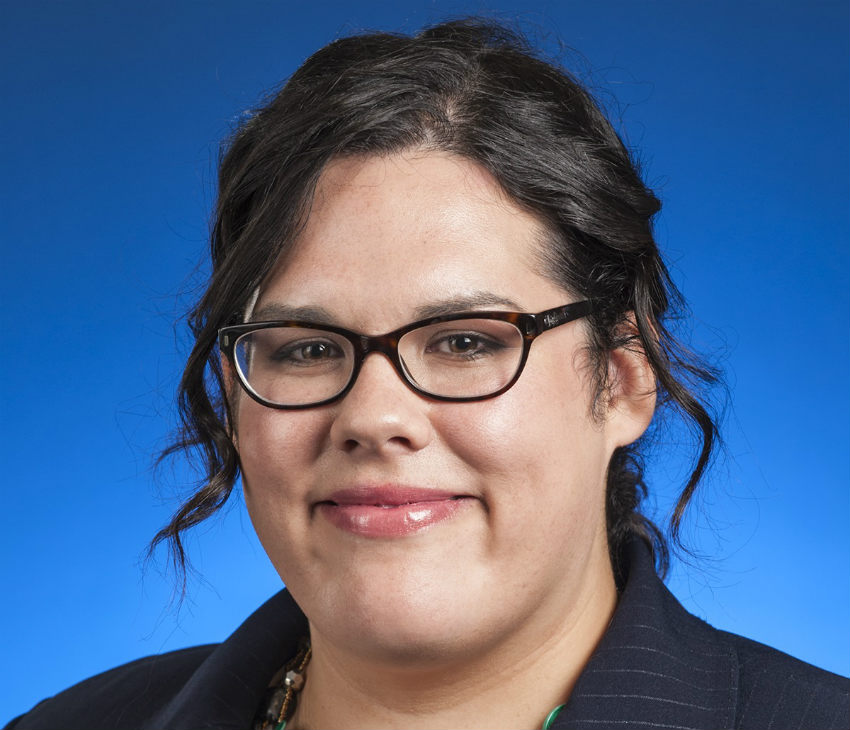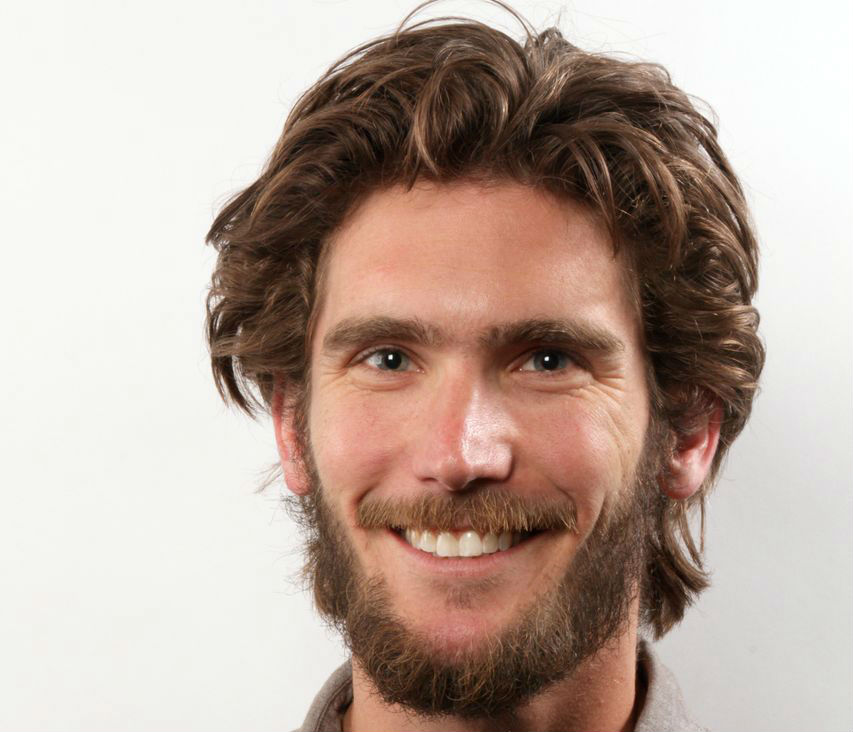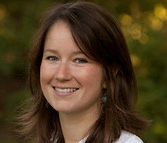EDF Climate Corps fellow | September 12, 2013
This summer, 116 fellows joined the EDF Climate Corps ranks to further energy management within leading organizations. This blog highlights three students from the University of Michigan Erb Institute who worked on a variety of projects from employee engagement to measurement and verification. Read their stories below to learn from their experiences and see if you’d like to become a fellow or host a fellow for the 2014 summer.

Name: Daphne Medina
School: University of Michigan, Erb Institute
Hometown: Boston, Massachusetts
Host Organization: Kalahari Resorts
Q: What is one interesting fact about you?
A: I aspire to visit all the US National Parks in the U.S. by the time I’m 40. My favorites so far are Yellowstone National Park in Wyoming and Hawaii Volcanoes National Park in Hawaii.
Q: What are you working on this summer?
A: I’m helping Kalahari identify energy efficiency opportunities in their HVAC and lighting systems, and I am also looking to institutionalize sustainability efforts at the resorts by engaging employees with training and encouraging them to go green both at the resort and at home.
Q: In tackling that project, what has been the most difficult part?
A: Kalahari has a motto “We promise to deliver products and services beyond expectations.” Providing guests with the best possible experience is key to its business model and is an important consideration for any energy efficiency projects it would undertake. My challenge was to discover the projects that would maintain or even improve that guest experience.
Q: Have you found any ways that have been helpful in overcoming those difficulties?
A: I discovered opportunities particularly in guest room energy management that worked to counteract guest behaviors that caused high energy use. These systems will keep guests satisfied while reducing overall energy consumption.
Q: What is the best part of working at Kalahari Resorts?
A: It’s an unusual work environment! I come to work every day to a place where everyone else is on vacation. It’s certainly a change of pace to be around happy families enjoying the waterpark all day.

Name: Kenny Fahey
Hometown: McLean, VA
School: University of Michigan, Erb Institute
Host Organization: Mondelēz International
Q: What are you working on this summer?
A: I’m working on employee engagement around a couple of focus areas including lighting, recycling and compressed air. I’m also looking at opportunities to increase employee involvement with problem solving and idea generation around environmental issues. The goal is to ensure ongoing commitment after I leave.
Q: In tackling those projects, what has been the most difficult part?
A: Most of the people here are already stretched for time, so it’s been difficult to find simple and easy avenues for sustainability to become an integral part of the company’s operations. This is especially true in manufacturing where production and safety already dominate the priority list.
Q: Have you found any ways that have been helpful in overcoming those difficulties?
A: I conducted a survey of all the hourly employees to measure their attitudes, knowledge and perception related to energy efficiency and environmental issues in general. It showed that the employees have overwhelmingly positive attitudes and, at least in some cases, that the barriers to improved environmental performance are quite small. Having this baseline measurement allowed me to target opportunities and present focused action plans to the management team.
Q: What is one thing you’ve learned this summer?
A: As much as I’m passionate about sustainability, it is incredibly valuable to understand the priorities of a business. If I cannot justify my position in terms that support the positive feedback loop of the company’s core business, there is little chance that I will succeed. This has encouraged me to be much more strategic and selective in defining the scope and goals of my project.
Q: What has been the best part about working at Mondelēz International?
A: The best part has been the freedom I’ve received to drive the project in the direction I want. This responsibility has its challenges, but I’ve also grown a lot from the experience, and the team I work with has been supportive throughout the process.

Name: Kate Drummond
Hometown: Tuscaloosa, AL
School: University of Michigan, Erb Institute
Host Organization: National Geographic Society
Q: What are you working on this summer?
A: The biggest piece of my project this summer is to help design and implement metrics for the organization to track and assess the performance of its social and environmental projects. This important initiative is a continuation of last year’s EDF Climate Corps fellow’s project, which ultimately resulted in the organization’s commitment to triple bottom line (TBL) decision-making. The tracking system I’m creating will help make sure the commitment to TBL is a reality.
Q: What has been the most difficult part of your fellowship?
A: Working solo, without fellow sustainability staff has been a bit challenging. It has certainly given me a taste of what’s it’s like to be a sustainability officer within a large organization.
Q: What is one thing you’ve learned this summer?
A: Even in the most well-meaning organizations, implementing change is a challenge, as it requires gathering all the necessary parties and influencing decision makers. In short, translating willingness into action is essential to the success of sustainable business goals. Often, decision makers just need to see a clear roadmap to envision what change looks like day to day.
Q: What is the best piece of advice you received from your supervisor?
A: All issues aren’t as cut and dried as they appear on the surface. Especially in sustainability, it’s critical to consider the tradeoffs and nuances of seemingly straightforward decisions, such as using recycled paper.
Q: What is the mark you want to leave on the world?
A: I’d like to leave the next generation with a broader understanding that things are not always either/or, but rather, both can happen with communication and collaboration. This is the central part of the value I’d like to add as professional in sustainability.
This post is a part of our "Interviews with Tomorrow's Leaders" series. Stay tuned for more interviews with our 2013 EDF Climate Corps fellows!
About EDF Climate Corps
EDF Climate Corps (edfclimatecorps.org) taps the talents of tomorrow’s leaders to save energy, money and the environment by placing specially-trained EDF fellows in companies, cities and universities as dedicated energy problem solvers. Working with hundreds of leading organizations, EDF Climate Corps has found an average of $1 million in energy savings for each participant. For more information, visit edfclimatecorps.org. Read our blog at edfclimatecorps.org/blog. Follow us on Twitter at twitter.com/edfbiz and on Facebook at facebook.com/EDFClimateCorps.